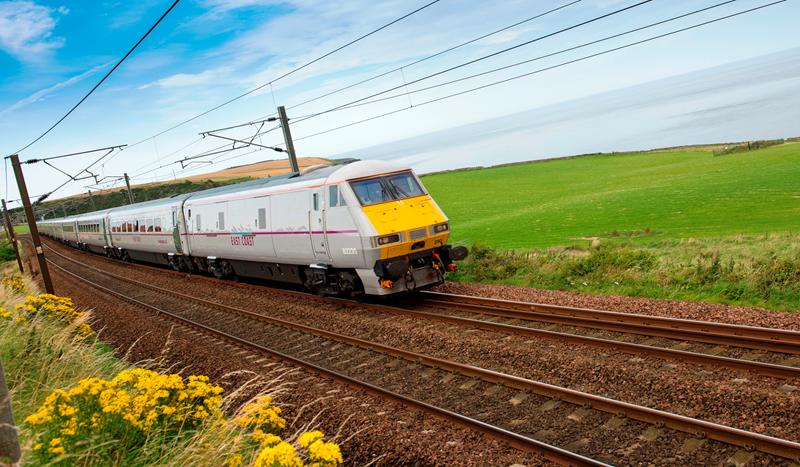Household Bills
Rail passengers face 1.6% January fare rise

Commuters could see £100 added to the cost of a season ticket as inflation rises to its highest level in four months.
The retail prices index (RPI) measure of inflation is used to determine regulated rail fares which change in January each year. RPI rose from 1.1% in the year to June to 1.6% in the year to July.
Regulated fares make up around half of train tickets, including season tickets on most commuter routes and some off-peak return tickets on long distance journeys.
The fare hike will push the cost of season tickets from Tunbridge Wells or Brighton to London to more than £5,000 a year. An annual Oxford to London season ticket including tube travel will see a £100 hike from £6,288 to £6,388.
Despite the price hike the rise will still be less than the increase that commuters saw this year, when prices rose by 2.8%. But continual years of high inflation increases and the insistence on using the RPI measure to calculate the price hike means that commuters are paying sky-high fares.
There have been calls to scrap RPI as a measure of inflation with statisticians saying it is “flawed”. But a government review to establish a timeline for abolishing the rate and shifting to CPIH has been delayed by the pandemic.
Kevin Brown, savings specialist at Scottish Friendly, said: “At the best of times, pegging the annual increase in rail fares to July’s retail price index heavily favours the industry rather than its passengers. But in times like this, when the UK is entering into a recession and so many families are feeling the pinch, this policy adds insult to injury.
“Although a hike of 1.6% is lower than in recent years, this could still potentially add hundreds of pounds to the cost of some annual rail fares and will do little to encourage commuters back on board after a long hiatus during lockdown. The government and the rail industry needs to find a fairer way to manage prices over the long term and avoid continually ramping up prices at rates that far outstrip the standard measure of inflation.”
Transport Focus has called for a radical shake-up of the train fares system to offer better value for passengers and encourage people back on trains.